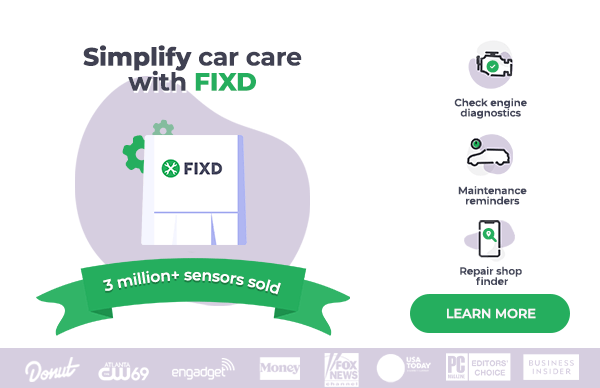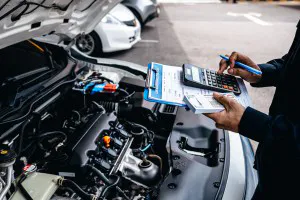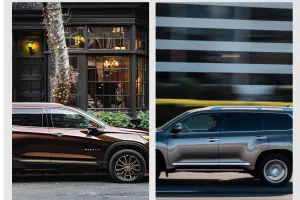Released at the end of 2004, the 2005 Chevy Cobalt was the model’s first year. This compact car replaced the previous generation’s Cavalier and lasted until 2010 when the Chevrolet Cruze also replaced it. The compact car was initially produced with a 2.2-liter Ecotec engine and a 5-speed manual transmission, but options fluctuated throughout the years. It was also available as a coupe or sedan. In 2005, Chevy introduced a supercharged SS Cobalt, giving the car a boost in power. This model was later named the SS Supercharged after Chevrolet included an SS trim in later years.
Chevrolet sold over one million units of the Cobalt, an impressive feat for a car produced for only six years. Despite its success, we recommend utterly evading some years of the Cobalt. We ranked the best and worst years of the Chevrolet Cobalt. We portrayed the main points in the table below. An in-depth analysis of our sources allows for a thorough examination of the good and bad with this popular car.
Chevrolet Cobalt Engine Reliability Score, Safety Ratings, MPG, and Value v.s. Maintenance & Repair Costs – Year by Year
The first chart below represents reliability, specifically the FIXD and Owner Reliability Scores. These scores are critical data points when grading the different years of the Cobalt.
FIXD devices installed in Chevrolet Cobalts collect data scrutinized and translated as the objective FIXD Reliability Score. The Owner Reliability Score is subjective, procured from owner surveys about the Chevrolet Cobalt.
A trend often seen in Reliability Scores is that the first year of a generation is less reliable than the following years. Since Chevy only produced the Cobalt for one generation, it is impossible to compare it to another. However, you can see by the graph below that the first year of production is one of the worst years of the Cobalt.
After we review reliability, we look at the safety ratings of the Chevrolet Cobalt. We use data from the National Highway Traffic Safety Administration (NHTSA) and graph the average safety rating for each year of the Cobalt. Next, we average the combined fuel efficiency of all trim levels reported on fueleconomy.gov. We graph each year of the car. The last graph before we go over is the current market value of all Chevrolet Cobalt years and the yearly cost to repair and maintain each. The current market value is from Kelley Blue Book (KBB), and the annual maintenance and repair cost is from owner surveys.
The best and worst years of the Chevrolet Cobalt are examined in detail using the metrics graphed. We also review the most common and severe diagnostic trouble codes (DTC) and safety recalls. The Chevrolet Cobalt has a particularly rough history with an ignition switch problem, which was recalled every year of the Cobalt.
While the Chevrolet Cobalt is a unique car in the automaker’s history, there are other compact and subcompact vehicles produced that are worth comparing. The Ford Focus, Toyota Corolla, and Nissan Sentra are three vehicles with similar features and capabilities.
If you’re in the market for a car, take a look at our article on the USA’s most reliable and cheapest to repair cars in the U.S. Don’t get stuck with a lemon, use our data to help you shop.
Engine Reliability Score – Over The Years
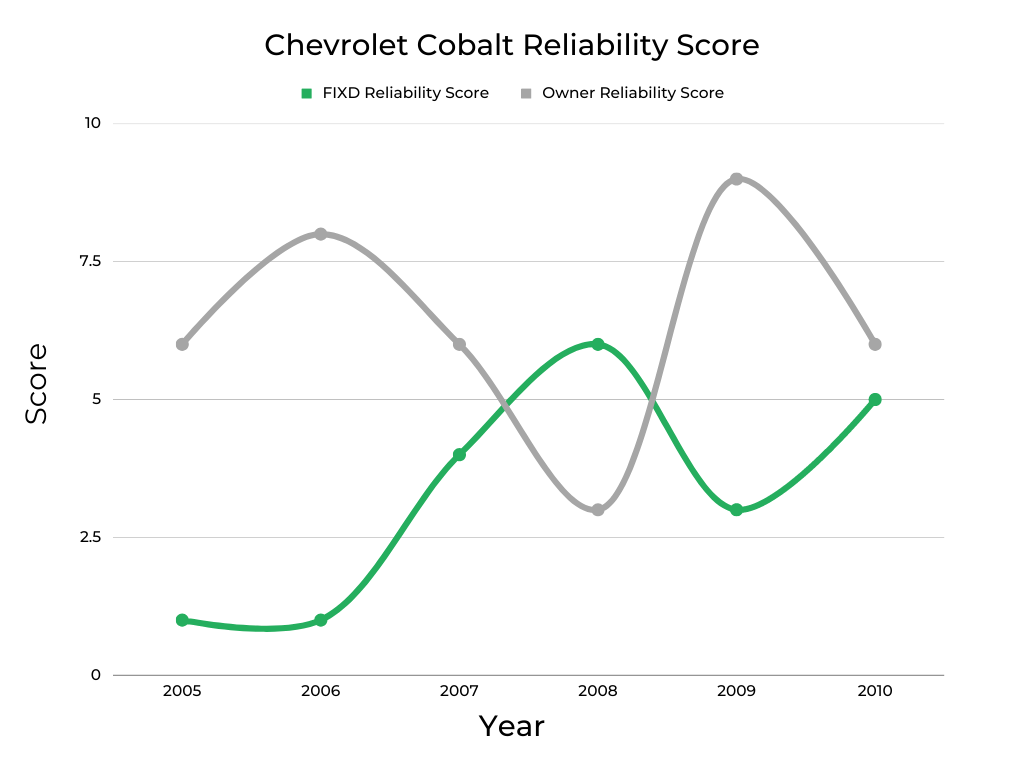
Our rank of the best and worst years of the Chevrolet Cobalt is based on reliability. We’ve devised two unique scores using our exclusive data, making it easy to compare. Both scores use the same scale: 1 is the worst, 5 is the average, and 10 is the best rating.
The first score is the FIXD Reliability Score, represented by the green line on the graph. We calculated this score by tracking the number of check engine lights (CEL) reported by our app users and dividing it by the number of cars. We then weighted the score based on an average of 12,000 miles driven annually.
We go over specific DTCs causing these lights in each model year of the Cobalt. However, there Chevrolet has numerous vehicle models, and you might be interested in our article about the most common Chevrolet DTCs.
The second score, the Owner Reliability Score (gray line), comes from surveys taken by Chevrolet Cobalt owners. These surveys capture their firsthand experience and provide subjective opinions on reliability. We translated these responses into numerical scores. For more details on the question asked and our methodology for determining this score, please refer to the note about data and information section located at the bottom of this article.
We generally expect reliability scores to be lower in older years and improve as technology increases the capabilities of each car. The Chevrolet Cobalt mostly follows this trend, apart from the drop in reliability for the 2009 model. The FIXD Reliability Score starts at the lowest 1/10 and increases over four years to its best 6/10 in 2008. It dropped to 3/10 in 2009 before rising to an average of 5/10 in its last year, 2010.
Overall, the Cobalt’s FIXD Reliability Score isn’t outstanding, but it is comparable to the same years of a car with a much longer life, such as the Ford Focus.
Another common trend in reliability scores is the Owner Reliability Score being higher than the FIXD Reliability Score. This commonality is true for all years of the Cobalt except 2008.
A car’s reliability is often worse than an owner might want to believe. We hypothesize that owners of older models slowly become accepting of higher-than-average check engine lights being thrown because they have owned the car for a long time. They are either a frog in a pot of boiling water, not realizing the car is deteriorating slowly and getting worse. OR they simply haven’t compared the reliability of their older model to the often newer and more reliable models of today.
Loyalty to an older vehicle may also affect the Owner Reliability Scores. If a car has lasted 20 years, it would be immensely reliable in the owner’s eyes, even if it had to have repairs and triggered many CELs along the way.
The 2008 Cobalt Owner Reliability Score is lower than its FIXD Reliability Score, possibly due to issues unrelated to DTCs. The FIXD Reliability Score is based on DTCs that are only engine related. Therefore a problem with suspension or tires that sets a precedent of unreliability could result in a dismal result on an owner survey. As previously mentioned, the ignition switch issues caused stress to many Cobalt owners.
NHTSA Safety Score – Over The Years
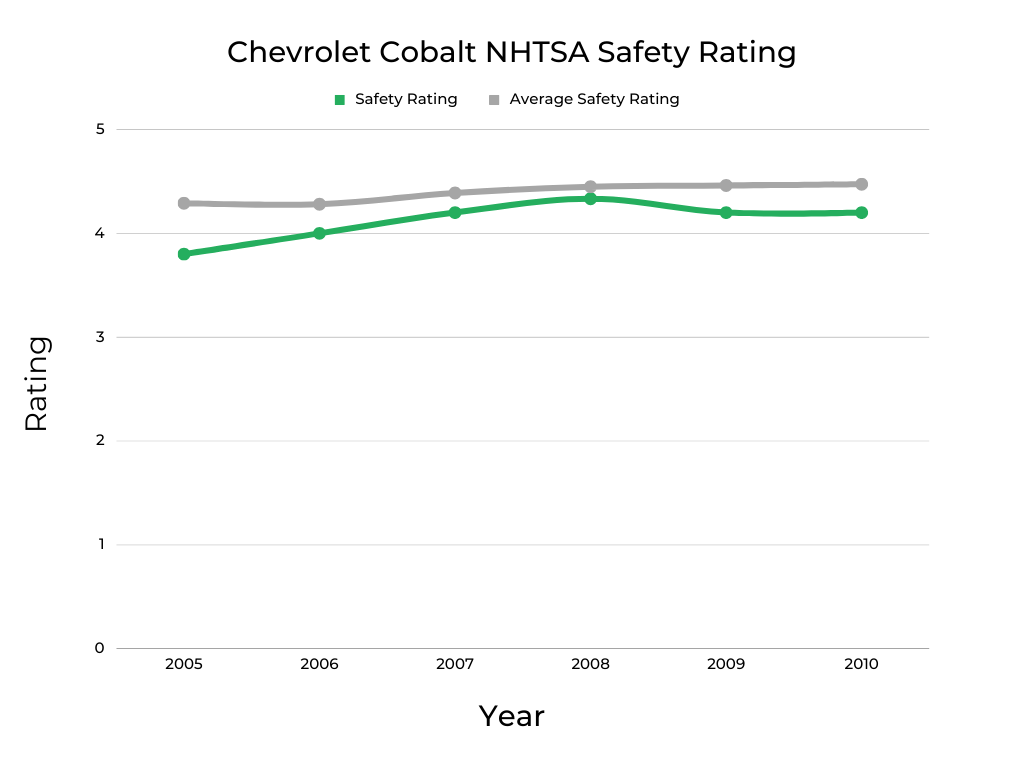
We used data from the NHTSA to compute the average safety rating of each model year of the Chevrolet Cobalt. We also determined the average rating of the automotive industry. We plotted the Cobalt data as a green line in the graph and the industry data as a gray line.
The Cobalt was below average in all years of its life and not impressive overall. The best score is 2008’s 4.33 stars, while the lowest is 3.8 in 2005. The Nissan Sentra started off worse at 3.5 stars in 2005 and 2006 but earned a rating of 4.6 from 2007-2010.
A good safety rating can help you get cheaper car insurance. If you live in one of the states listed below, we can show you the cheapest vehicles to insure in yours.
| What Used Cars Are the Cheapest To Insure In: |
| Ohio |
| North Carolina |
| Michigan |
| Georgia |
| Texas |
| New York |
| Illinois |
| Pennsylvania |
| California |
MPG – Over The Years
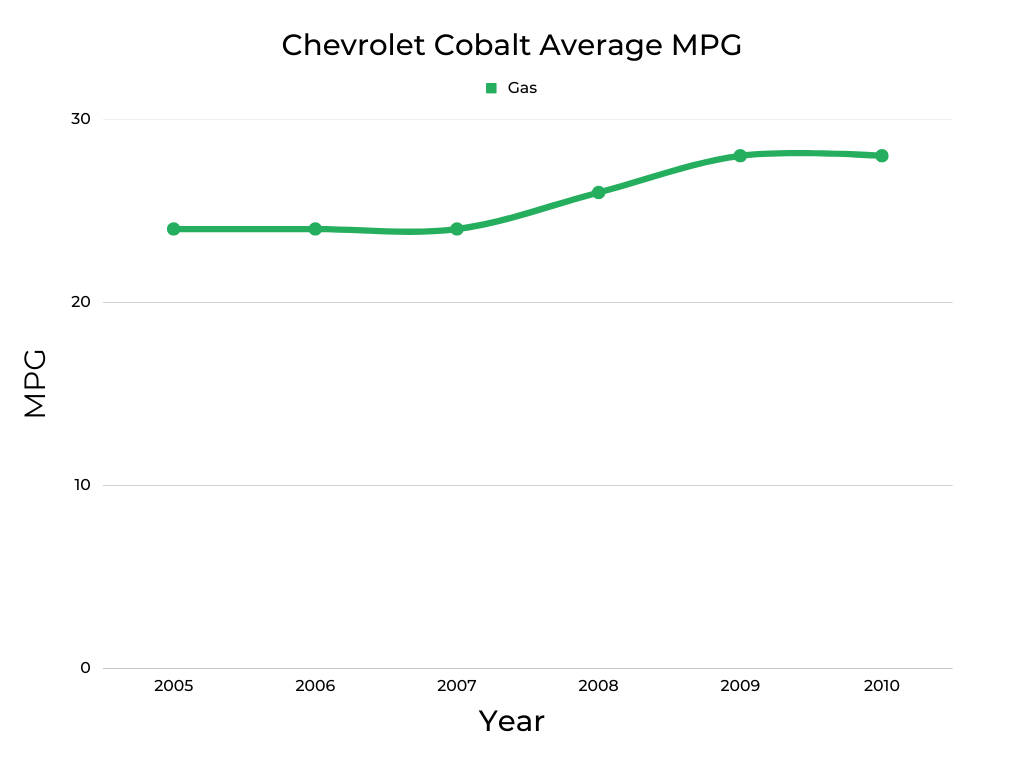
We took the combined highway/city miles per gallon and averaged it across all trim levels for every year and plotted it in green on the graph. The fuel economy of the Chevrolet Cobalt is good but not special. It started at 24 miles per gallon from 2005-2007, increased to 26 mpg in 2008, and went up to 28 mpg in 2009 and 2010.
The fuel economy of the Cobalt is pretty efficient but not quite as good as the Toyota Corolla. The Corolla’s lowest mpg is 27 in the 2010 model, and the 2007-08 models get an average of 30 mpg. However, The Cobalt has a higher fuel economy than another compact car, the Volkswagen Jetta. The German automaker’s compact car only gets 23-25 miles per gallon from 2005-2010.
Current Market Value of All Chevrolet Cobalt Years & Cost Per Year to Repair and Maintain Each
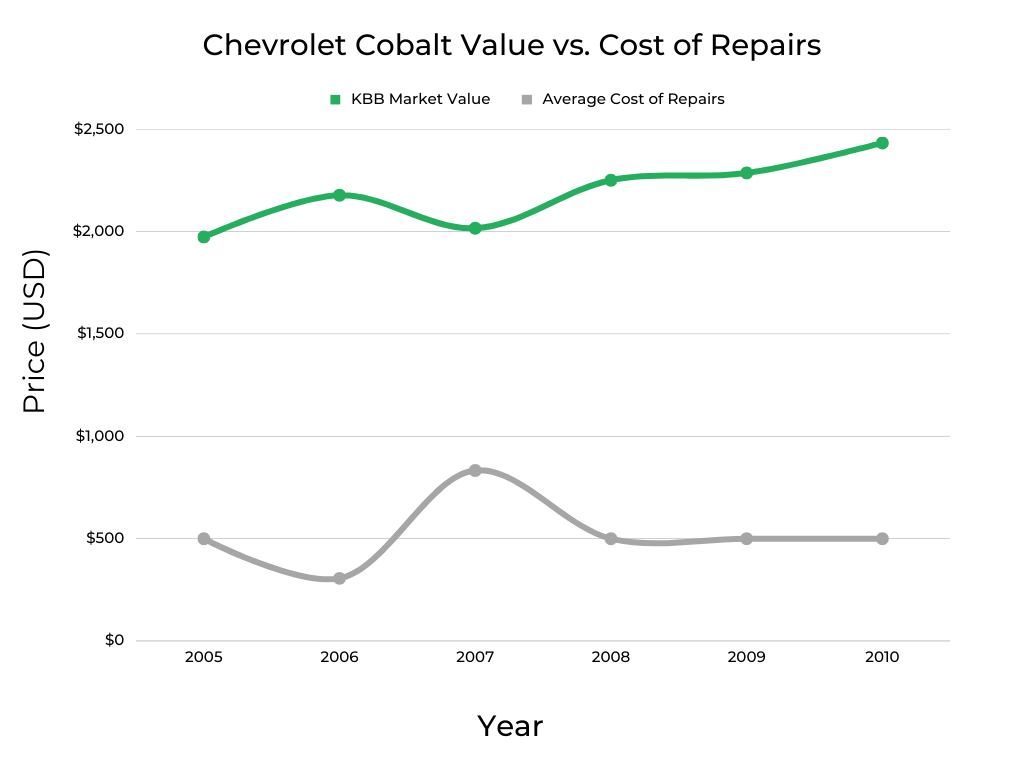
Using mileage data from owner surveys, we acquired the average market value of the Chevrolet Cobalt from KBB.com (green line). We also used the answer to the question “How much would you say you spend on repairs and maintenance in 2022?” from owner surveys to get the average cost of repairs (gray line).
Since all models of the Chevrolet Cobalt are over ten years old, it is no surprise that the market value is not very high. Ranging from $1,973-$2,433, the new models mostly have higher values. However, the 2007 Cobalt ($2,016) is worth less than the 2006 Cobalt ($2,177). The lower value is because of, the higher number of miles reported in the 2007 model (179,545) than in the 2006 Cobalt (158,333).
A big surprise for the older car is the excellent repair costs. The Chevrolet Cobalt only costs $500 annually for the 2005 and 2008-2010 models. The average is $464, the lowest is $306 (2006), and the highest is $833 (2007).
When shopping for a used Chevrolet Cobalt, it’s important to keep in mind that not all vehicles are cared for equally. To protect yourself from lemons, take along a FIXD Sensor on your test drive. FIXD connects to a free app on your smartphone to tell you more about the vehicle you’re checking out, including check engine lights and other hidden issues that the owner or dealership may be attempting to hide. Click here to learn more and get FIXD for only $19.99 (regular price $59)!
Important Features Timeline
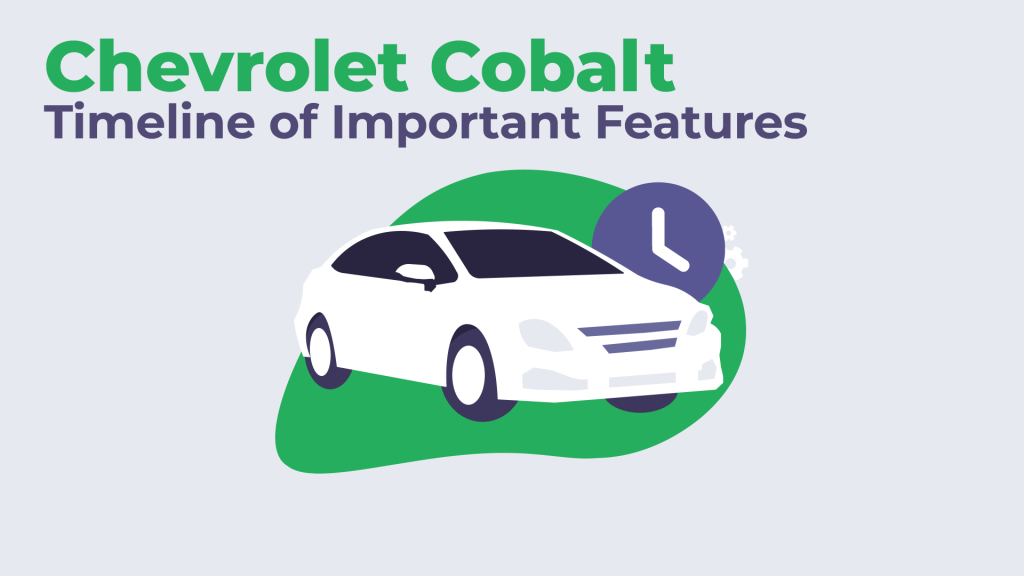
2005: Debut year, replaced the Cavalier, available in coupe or sedan
2006: Trim levels renamed, introduction of SS trim, which boasts 171 horsepower
2007: Remote start optional, three-spoke steering wheel instead of four
2008: Variable-speed intermittent wipers and satellite radio become standard
2009: Minor style changes, Bluetooth and Ipad USB port included
2010: Last year of the Cobalt, minor style changes but primarily unchanged from 2009 updates
The Best Years of the Chevrolet Cobalt
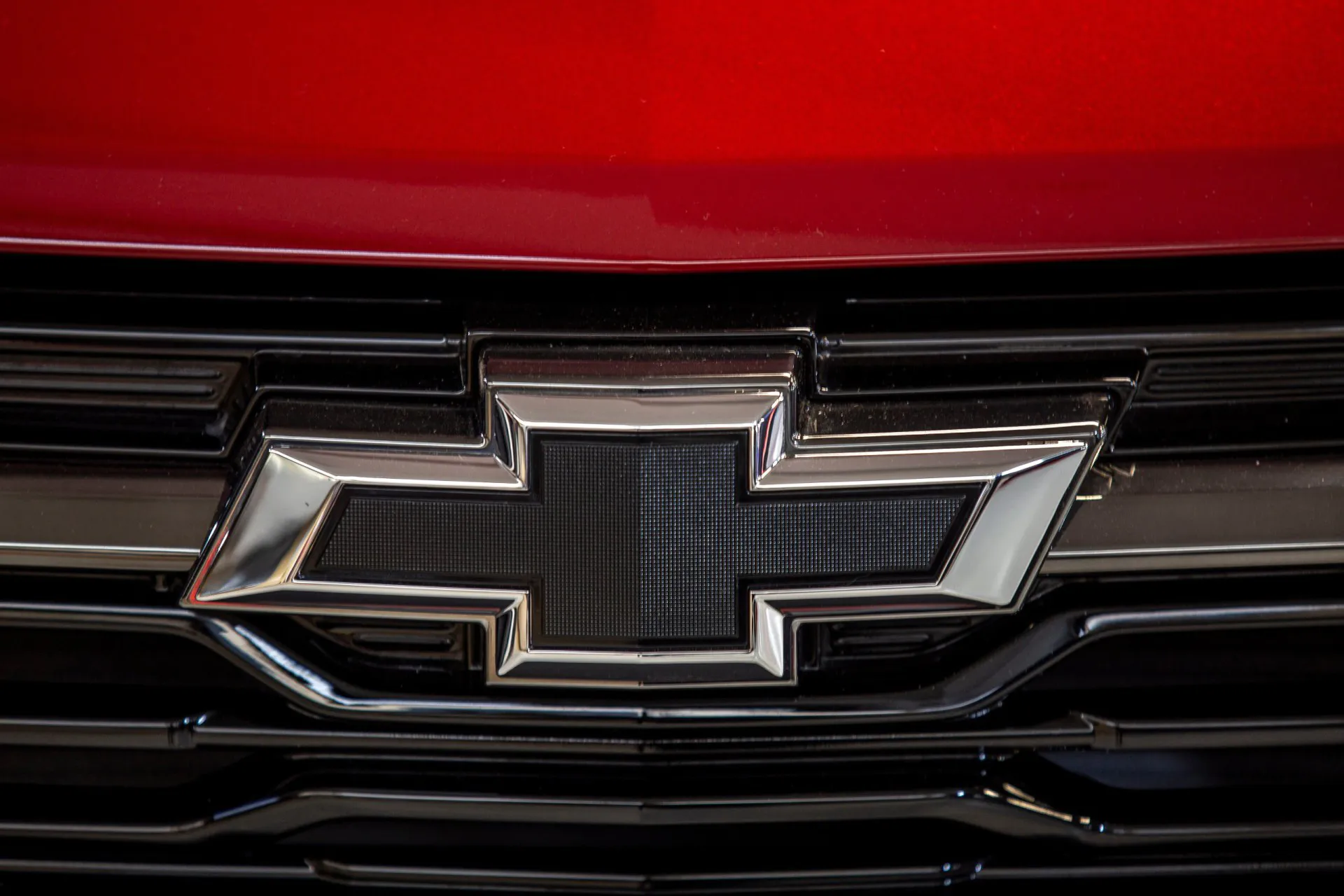
By utilizing reliability scores, safety ratings, and input from owners, we’ve formulated a ranking of the Chevrolet Cobalt’s most commendable years. Starting with the best, we also evaluate the fuel efficiency, present market value, and annual repair and maintenance costs. To conclude each model year, we delve into the prevalent diagnostic trouble codes (DTCs), and safety recalls that Cobalt owners should be well-informed about.
2008 Chevrolet Cobalt
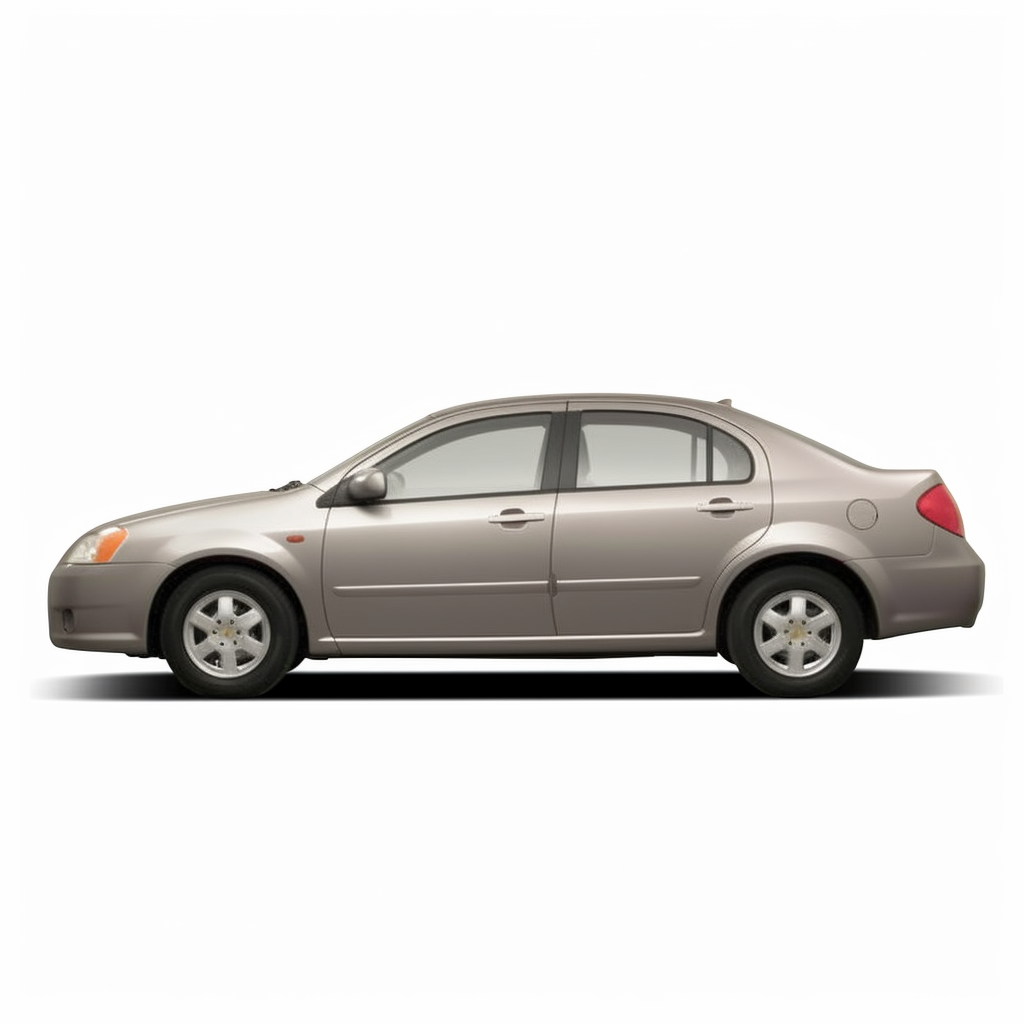
FIXD Reliability Score: 6/10
Owner Reliability Score: 3/10
KBB Value: $2,251
Fuel Economy: 26 mpg
Annual Maintenance/Repair: $500
Safety Rating: 4.33/5
The best year of the Chevrolet Cobalt is 2008. Offered in three different trims (LT, LS, and Sport), the 2008 Cobalt was popular due to its sleek design and affordable price.
With the highest FIXD Reliability Score of 6/10, the 2008 Cobalt has the least number of DTCs weighted by mileage. The Owner Reliability Score fares much worse, at only 3/10. Issues unrelated to engine reliability could cause disappointment from owners, such as the ignition switch recall. Our owner surveys revealed that people thought the seats were uncomfortable (25%) and expensive to repair (25%).
The safety rating of the 2008 Cobalt strengthens its position at the top of this list. It is rated an average of 4.33 out of 5 stars, the highest rating received by a Cobalt. However, the 2008 Honda Civic is a safer bet, at 4.6 out of 5 stars.
While 25% of 2008 Cobalt owners agreed it was expensive to repair, we think the annual $500 is reasonable, especially for a fifteen-year-old car. The average number of miles on 2008 Cobalts is an impressive 187,500, offering proof of longevity.
The most common DTC for the 2008 Chevy Cobalt is P0128, coolant thermostat temperature below regulating temperature. The data shows replacing the thermostat on this Cobalt is the most common repair, which costs between $400-$800. The second most common code is P0300 or random multiple misfires. Replacing spark plugs ($68-$274) or ignition coils ($70-$376) usually takes care of P0300. Lastly, P0054 is triggered when the 2008 Cobalt needs a new oxygen sensor ($153-$306).
The 2008 Chevrolet Cobalt has five recalls, two investigations, and 925 complaints. Three of the recalls are related to the ignition switch.
2010 Chevrolet Cobalt
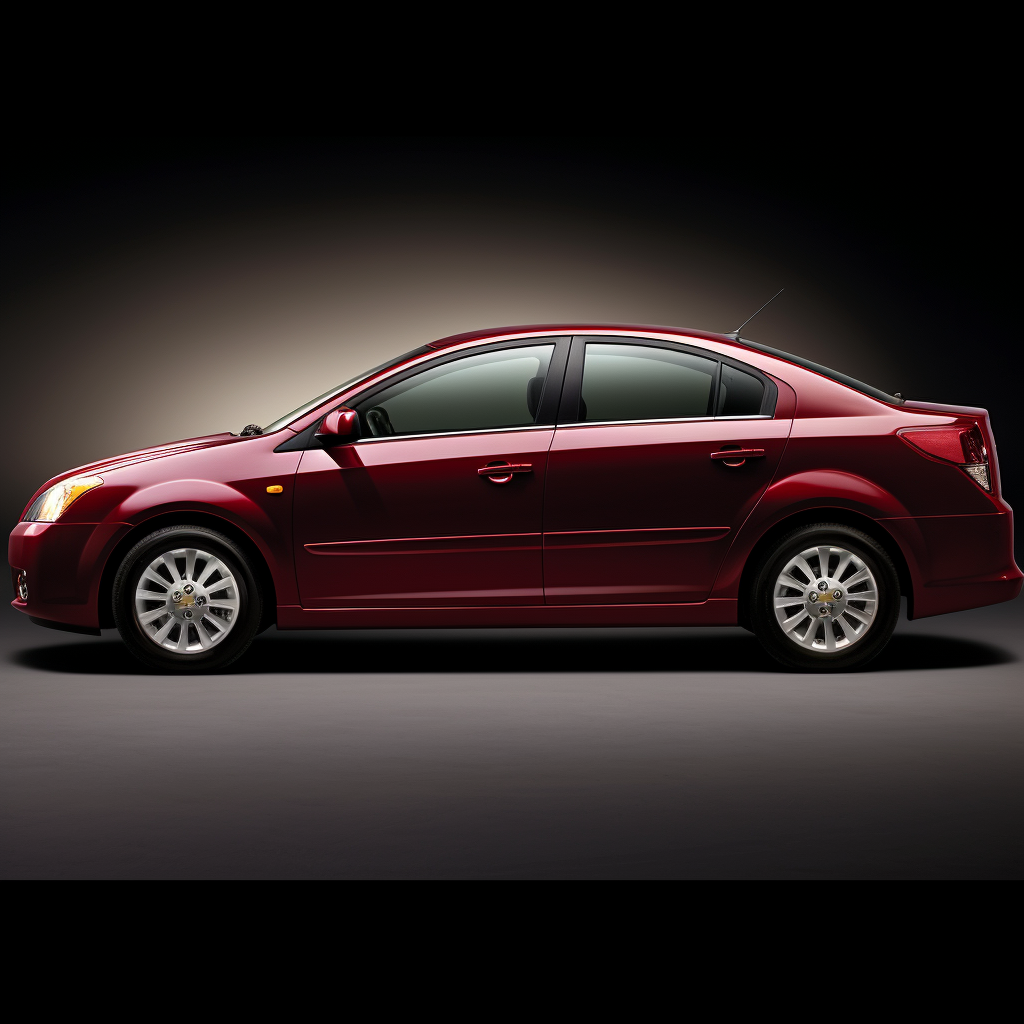
FIXD Reliability Score: 5/10
Owner Reliability Score: 6/10
KBB Value: $2,433
Fuel Economy: 28 mpg
Annual Maintenance/Repair: $500
Safety Rating: 4.2/5
The second-place trophy belongs to the 2010 Chevrolet Cobalt. The newest addition to the line, the 2010 model, became the last of the Cobalt. While the sales totaled over one million over the Cobalt’s six years, the 2010 model sold less than 100,000.
The FIXD Reliability Score is average, 5/10, and the Owner Reliability Score is much better than in 2008, at 6/10.
The safety rating of 4.2 stars for the 2010 Chevrolet Cobalt is less than the industry average. However, it is tied with the 2010 Ford Focus, which was also rated an average of 4.2 out of 5 stars.
Repair costs stay consistent at only $500 annually. The average amount driven in the 2010 Cobalt is 161,667 miles.
The most common DTC in the 2010 Chevrolet Cobalt is P0300, with random multiple misfires. The second most common is P0301, a misfire in the first cylinder. These two codes could be solved with either spark plugs or ignition coils. Still, the following is a list of most potential issues:
- Spark plugs: ($66-$250)
- Ignition Coils: ($230-$640)
- Spark plug wires: ($180-$240)
- Fuel injectors: ($1500-$1900)
- Vacuum leak: ($100-$200)
- Fuel pump: ($1300-$1700)
- Fuel pressure regulator: ($200-$400)
The third code for the 2010 Cobalt is P0135, O2 Sensor Heater Circuit Malfunction (Bank 1 Sensor 1). If you experience this code, you’ll likely need to replace the oxygen sensor ($200-$300).
The 2010 Cobalt has six recalls (three about the ignition switch), one investigation, and 567 complaints.
2007 Chevrolet Cobalt
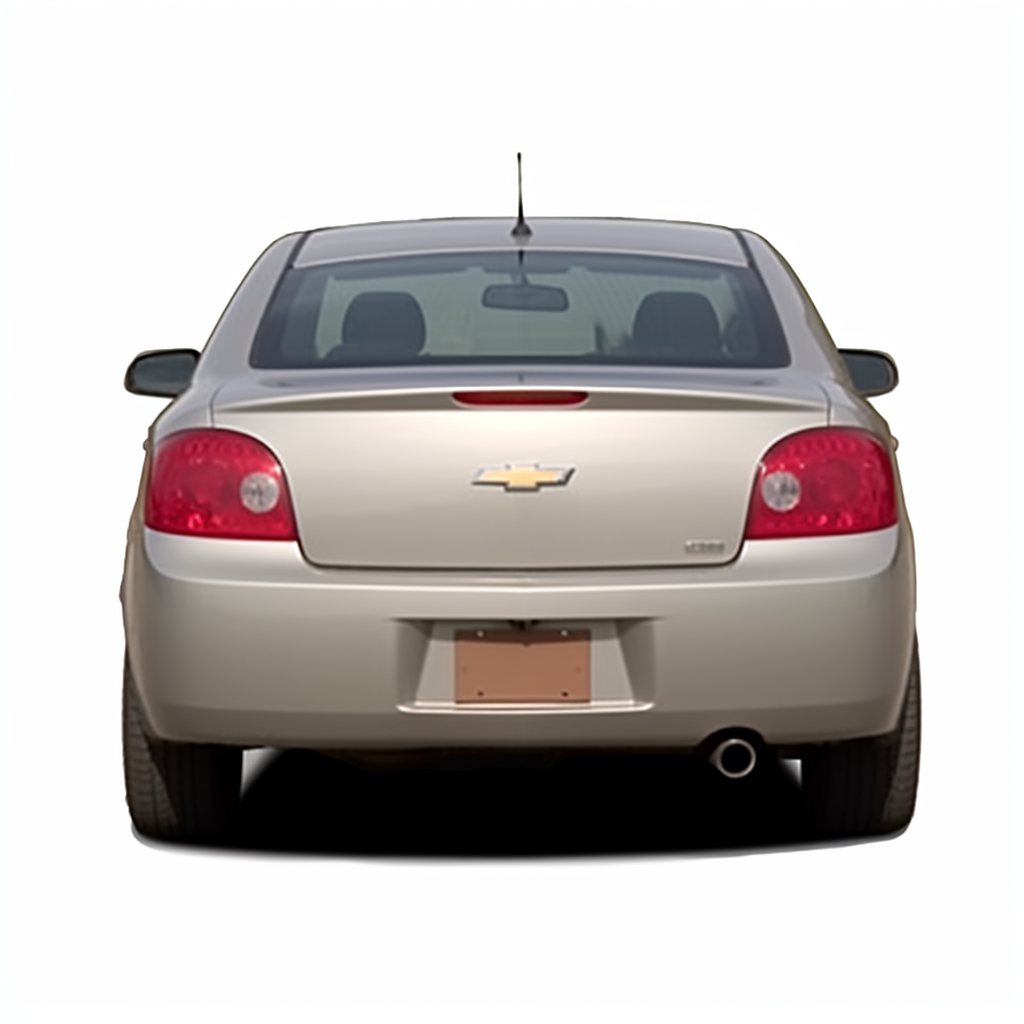
FIXD Reliability Score: 4/10
Owner Reliability Score: 6/10
KBB Value: $2,016
Fuel Economy: 24 mpg
Annual Maintenance/Repair: $833
Safety Rating: 4.2/5
Finishing up the list is the 2007 Chevrolet Cobalt. It brought a few interior style changes, like a three-spoke steering wheel, and remote start became an option. While it is the last entry on our list of “best,” it isn’t necessarily a car we would recommend if a newer model year of a different make and model might be available. However, this article is only about Cobalt’s best and worst years of Cobalt, and we’ll leave it at that.
We aren’t keen on the 2007 Cobalt because of the below-average FIXD Reliability Score, 4/10. The Owner Reliability Score makes up some ground, getting 6/10. 33% of owners of the 2007 model year believe it will make it past 200,000 miles.
The 2007 Cobalt’s safety rating (4.2/5) is good compared to other Cobalts but falls short when compared to the average of the entire automotive lineup. It’s also not far off from the 2007 Toyota Corolla (4.4/5), which has a reputation for safety.
The repair costs are one of the weakest points of the 2007 Cobalt. At an annual cost of $833, 2007 owns the highest amount among all the Cobalts and is well above the average of $464. There are an average of 179,545 miles on 2007 Cobalts from which we retrieved data.
The 2007 Chevrolet Cobalt’s most common code (P0128) is the same as the 2008 model. P0128 is a thermostat costing $400-$800 to repair. However, second place in the 2007 model is P0171 or a mass airflow (MAF) sensor. If you have this issue, you’ll pay $172-$309 to replace the sensor. Rounding out the top three for 2007 is P0455 or System Gross Leak Evaporative System Malfunction. While this code is mainly associated with a loose gas cap, there are numerous reports of it requiring a new catalytic converter ($1,5380-$2,041).
The 2007 Chevrolet Cobalt has six recalls, one investigation, and an astonishing 1,547 complaints. Steering makes up 682 of those complaints.
The Worst Years of the Chevrolet Cobalt

Employing the same process and using the same information to decide which Cobalts are the best, we’ve listed the Cobalts you should avoid. Going from the worst to the “best of the worst”, these Cobalts have more reliability issues, particularly engine-related DTCs, and lower safety scores.
2005 Chevrolet Cobalt

FIXD Reliability Score: 1/10
Owner Reliability Score: 6/10
KBB Value: $1,973
Fuel Economy: 24 mpg
Annual Maintenance/Repair: $500
Safety Rating: 3.8/5
The worst year of the Chevrolet Cobalt is the first year. Chevrolet introduced the Cobalt at the end of 2004 to replace the aging Cavalier as an affordable compact car. We recommend avoiding this car due to its low reliability, value, and safety rating.
This car received a FIXD Reliability Score of 1/10, making it tied with 2006 as the least reliable vehicle. The Owner Reliability Score is above average at 6/10. 27% of owners think the sound system is trash, and another 27% think there is barely any storage room inside the vehicle.
The 3.8 out of 5-star safety rating of the 2005 Chevrolet Cobalt is the worst out of all six years of the compact car. Safety is an important factor for a car that is used often as a family vehicle. Every other Cobalt on this list has a better rating, and the 2005 Volkswagen Jetta received 4.5 out of 5 stars.
The yearly cost of repairs and maintenance is the same as multiple other years at $500, but it is still above average. 71% of owners reported a repair of over $500. 28.57% of those repairs were engine fixes. Owners reported an average mileage of 139,286.
The most common DTC for the 2005 Chevrolet Cobalt is P0974, which means “Shift Solenoid A Control Circuit High.” Try adding transmission fluid, and if that doesn’t work, you might need a solenoid replacement ($75-$450). Considering the second most common code is P0842 (transmission fluid pressure sensor/switch A circuit low) and the third most common is P0700 (Transmission Control System Malfunction), the data shows this model will likely need a transmission replacement ($2,528-$3,045).
The number of recalls issued for the 2005 Chevrolet Cobalt stays in line with the rest of the generation, having six recalls, one investigation, and 1,641 complaints.
2006 Chevrolet Cobalt
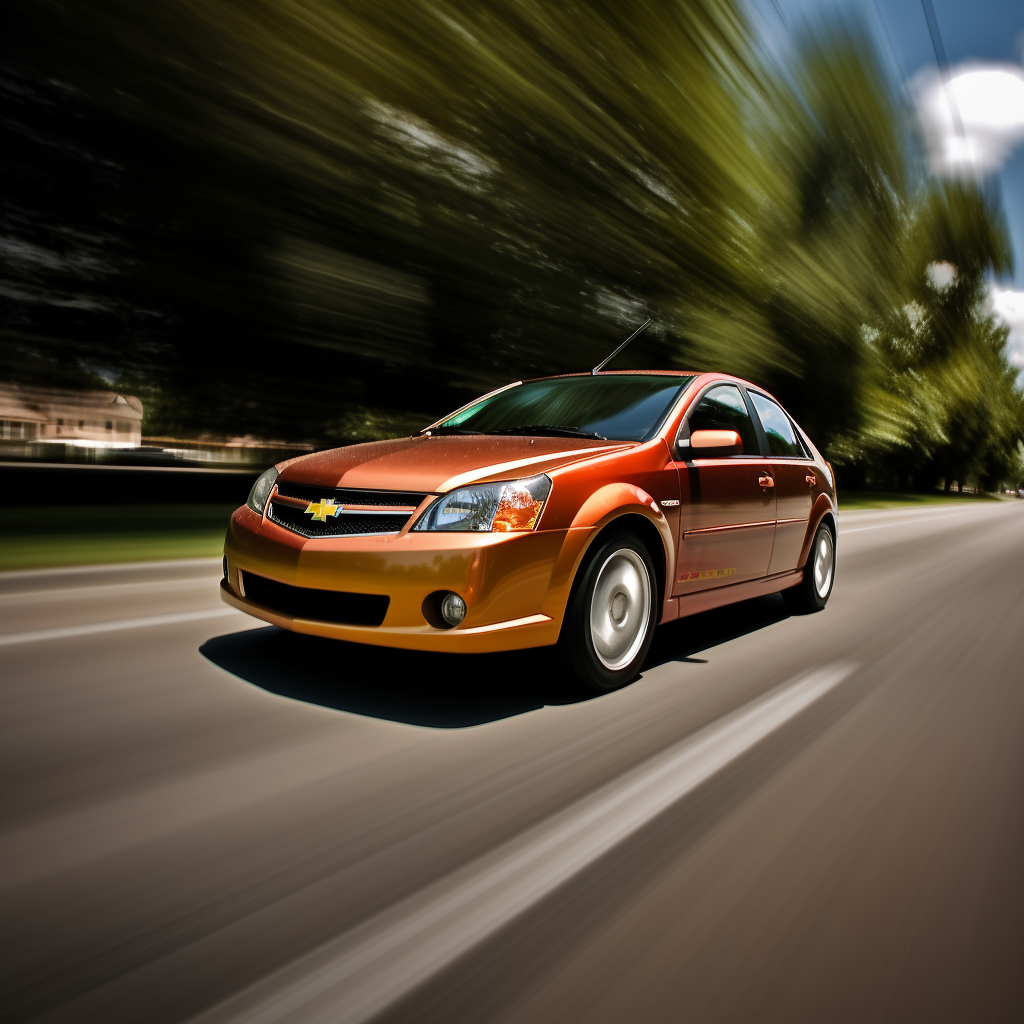
FIXD Reliability Score: 1/10
Owner Reliability Score: 8/10
KBB Value: $2,177
Fuel Economy: 24 mpg
Annual Maintenance/Repair: $306
Safety Rating: 4/5
The 2006 Chevrolet Cobalt introduced a new SS trim, which improved the lineup’s power. However, the trim alone isn’t enough to recommend buying or keeping this Cobalt.
The FIXD Reliability Score is once again the worst possible at 1/10. The Owner Reliability Score is drastically better, at 8/10.
The safety rating of the 2006 Cobalt (4/5) is the second worst rating received by this compact car. According to the NHTSA, the driver-side barrier impact rest received a rating of 3/5. If you want to compare it to another compact car, the 2006 Subaru Impreza’s rating is a little better at 4.2/5.
The silver lining of the 2006 Cobalt is the annual repair and maintenance cost of only $306. This Cobalt boasts the cheapest repair costs, which is $158 cheaper than the average of $464. The average number of miles reported on 2006 Cobalts is 158,333.
The most common DTC the 2007 Chevrolet Cobalt recorded is P0171, the Mass Air Flow Sensor ($172-$309). Next is P0030, an oxygen sensor costing $153-$306 to replace. A heated oxygen sensor ($153-$306). causes the third most commonly triggered DTC in the 2006 Cobalt, P1133.
The 2006 Chevrolet Cobalt has the most complaints at 2,321 and has six recalls and one investigation.
2009 Chevrolet Cobalt

FIXD Reliability Score: 3/10
Owner Reliability Score: 9/10
KBB Value: $2,286
Fuel Economy: 28 mpg
Annual Maintenance/Repair: $500
Safety Rating: 4.2/5
The 2009 Chevy Cobalt is the “best of the worst” and was released with some minor style changes to keep the Cobalt looking sleek and sporty. It also introduced Bluetooth technology to the model and added a USB port that allowed Ipad connectivity.
The 2009 Chevy Cobalt’s FIXD Reliability Score is 3/10, and the Owner Reliability Score is 9/10. While it has the best Owner Reliability Score of any Cobalts, we recommend avoiding this vehicle due to the high number of severe DTCs commonly triggered.
The safety rating is 4.2 out of 5 stars, which isn’t bad for a Cobalt. The rating is still below the industry average, but tied with one of its main competitors, the 2009 Ford Focus.
Owning a 2009 Chevrolet Cobalt will cost an average of $500 annually for repairs and maintenance. The bad news is that 100% of owners surveyed said they paid over $500 for a single repair. 5% of those repairs were related to the transmission, and an issue in the fuel system caused 7.41%. According to our data, the 2009 Cobalt has been driven an average of 144,231 miles.
P0171, the MAF sensor ($172-$309), is the most commonly triggered DTC in the 2009 Chevrolet Cobalt. A faulty intake camshaft position (CMP) actuator solenoid ($1,016-$1,531) causes the following most common DTC, P0010 (Intake Camshaft Actuator Circuit Open/Short – Bank 1). Finally, P0128 (Coolant Thermostat Temperature Below Regulating Temperature) makes another appearance in the 2009 Cobalt, costing $400-$800 to replace the engine coolant thermostat.
The 2009 Chevrolet Cobalt has the second least complaints (889) but has three investigations and six recalls.
FAQs
What years of the Chevrolet Cobalt have engine and/or transmission problems?
The Chevrolet Cobalt doesn’t have the most reliable engine according to FIXD Reliability Scores, but there isn’t a distinct problem cursing any particular year. Most of the issues in our data are in the mass air flow sensor in 2006-2007 and an engine coolant thermostat in 2007-2008. There’s also a common code for automatic transmission in the 2005 model. Additionally, 71% of owners of the 2005 model year claimed to have a repair over $500, and 28.57% of those repairs were engine related.
People complain about the Cobalt’s power-steering system the most; the biggest concern is a severe ignition switch problem linked to some deaths. GM issued a recall to fix the ignition switch.
What is considered high mileage for a Chevrolet Cobalt?
With the only models of the Chevrolet Cobalt being 13-18 years old, it should come as no surprise that the average miles on a Cobalt from our data is 152,056. High mileage is anything above 137,500 miles, while the highest reported mileage is 187,500 in 2008 models. The lowest is 139,286 miles, reported by owners of the 2005 model.
When determining what qualifies as high mileage in a Chevrolet Cobalt, it’s essential to consider the vehicle’s age and mileage. On average, a car covers around 12,000 miles per year. Consequently, a GMC Cobalt that’s five years old and has accumulated 120,000 miles would be classified as having very high mileage. However, if the exact mileage of 120,000 were on a 10-year-old vehicle, it wouldn’t be deemed as high mileage.
Irrespective of the car’s mileage, other significant factors, such as maintenance history and prevailing driving conditions, should be considered. To assess potential issues, we strongly recommend having your Cobalt undergo a thorough inspection. This step will provide valuable insights into the vehicle’s overall condition, enabling you to make well-informed decisions.
What other vehicles should I consider?
Due to its affordability, the Chevrolet Cobalt had great sales during its lifecycle and has many great features and capabilities. However, it isn’t an overly reliable vehicle, and there are other subcompact or compact cars you should consider.
The Honda Civic has a reputation for durability and fuel efficiency. The Toyota Corolla has a great market value and is one of the most reliable vehicles on the road. The Ford Focus has responsive handling, great tech features, and a range of engine options. The Volkswagen Jetta is a great option with an excellent blend of style and performance. And finally, the Nissan Sentra is known for its spacious interior, smooth ride, and good safety ratings.
What owners of the Chevrolet Cobalt like to use their car for:
Chevrolet Cobalt owners were asked, “What do you use your car for?” The Chevrolet’s fuel efficiency and compact design make it the perfect car for lots of driving, and that’s the number one use reported by 40% of owners. Use as a family vehicle is second place at 36%. The third most common use is for hauling/towing at 15%, adding to the list of the Cobalt’s surprises. 4% use the car for luxurious driving, 2% for sport/fast driving, and 1% apiece for outdoor/off-road and as an office on wheels.
| Frequent Use Categories: | How Useful? (Out of 5 Stars) |
| Family Vehicle | **** |
| Lots of Driving (travel/long commute) | **** |
| Hauling/Towing | ** |
| Office on Wheels | * |
| Sport/Fast Driving | * |
| Luxurious Driving | * |
| Outdoor/Off-Road | * |
A Note About Data and Information Sources
This article has many details about the Chevrolet Cobalt’s reliability; here’s what we used for our assumptions and recommendations.
- FIXD Reliability Score & Data: Engine reliability information is captured via the FIXD App.
The FIXD Reliability Score is calculated using the number of DTCs per year, weighted by mileage. This is then turned into a scale of 1-10 for easy graphing.
This is an objective score.
- Owner Reliability Score & Data: This data is the result of surveying Chevrolet Cobalt owners who use FIXD.
The Owner Reliability Score comes straight from owners of the Chevrolet Cobalt.
This is a subjective score.
To determine the Owner Reliability Score we ask each car owner:
How reliable would you say your Chevrolet Cobalt is?
a. Just point A to point B driving
b. A Daily Commuter
c. Good for a 100 mile road trip
d. Good for a 500 mile road trip
e. I could take a cross-country road trip, no problem
From here we translate their answers into the Owner Reliability Score:
a. = 2
b. = 4
c. = 6
d. = 8
e. = 10
Keep in mind, owners may think their car is more or less reliable than it actually is.
One potential problem is that people often buy the same make or model they are used to when they go car shopping, just a newer year.
Ford, for instance, has a number of consumer loyalty awards for the Ford F-Series, Ford Mustang, and Ford Expedition.
Car owners may be so loyal to the make or model they currently own that they would have trouble accurately comparing their cars’ reliability to others.
It’s for this reason that we ask car owners a question that is relative to mileage rather than relative to other cars.
Still, be mindful of the accuracy of these Owner Reliability Scores, people’s perceptions and unconscious blindspots can skew data.
We suggest looking at both the FIXD Reliability Score and the Owner Reliability Score for this reason.
- KBB Value: Average private-seller valuations as supplied by Kelley Blue Book (KBB), based on a Chevrolet Cobalt with typical mileage for that respective model year.
- Fuel Economy: Mileage-per-gallon estimates according to the EPA MPG on Fueleconomy.gov
- Annual Maintenance/Repair: Upkeep expenses as reported by surveyed Chevrolet Cobalt owners
- Safety Rating: Crash test data collected and reported by NHTSA. We average all ratings for each year to come up with a simplified, average safety score. This makes it easier to look at on a graph.
References
- Chevrolet Cobalt model-specific information, edmunds.com (various dates). Retrieved August 10th, 2023, from https://www.edmunds.com/
- Model-specific recall information as per the National Highway Transportation Safety Administration. Retrieved August 10th, 2023, from https://www.nhtsa.gov/recalls
- GM recalls Chevy Cobalt, other vehicles a decade after finding ignition-switch defect, CBS News (February 20, 2014). Retrieved August 10th, 2023, from https://www.cbsnews.com/news/gm-recalls-chevy-cobalt-other-vehicles-a-decade-after-finding-ignition-switch-defect/
- Earlier GM recall may have averted most Cobalt deaths, Automotive News (March 27, 2014). Retrieved August 10th, 2023 from https://www.autonews.com/article/20140327/OEM11/140329885/earlier-gm-recall-may-have-averted-most-cobalt-deaths#:~:text=DETROIT%20%E2%80%94%20Of%20the%20eight%20deaths,to%20research%20by%20Automotive%20News.
- CHEVROLET COBALT U.S SALES FIGURES, carsalesbase.com. Retrieved August 10th from https://carsalesbase.com/us-chevrolet-cobalt/
- P0974 OBD-II Trouble Code: Shift Solenoid A Control Circuit High, yourmechanic.com. Retrieved August 10th, 2023 from https://www.yourmechanic.com/article/p0974-obd-ii-trouble-code-shift-solenoid-a-control-circuit-high-by-parker-hill
- P0842 OBD-II Trouble Code: Transmission Fluid Pressure Sensor/Switch A Circuit Low, yourmechanic.com. Retrieved August 10th, 2023 from https://www.yourmechanic.com/article/p0842-obd-ii-trouble-code-transmission-fluid-pressure-sensor-switch-a-circuit-low-by-yourmechanic

Keith Rollins is a copywriter and author that has been involved in the automotive industry for over 12 years. He has written for hotcars.com and is featured on Copywriting.org. When he’s not writing he’s spending time with his three kids, hiking, working on cars, or running. You can see his work at keithrrollins.com.



